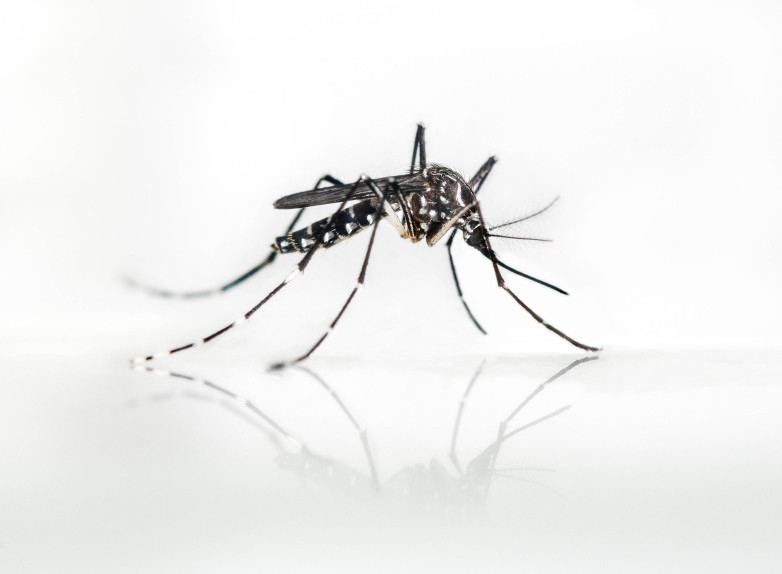The Red Cross says a dengue outbreak continues to threaten a number of Pacific island nations, even as they rebuild after Tropical Cyclone Harold and struggle with the economic fallout of the COVID-19 pandemic.
More than 4,000 cases of dengue fever have been recorded between Fiji and the Marshall Islands. Most of the 700 confirmed cases are affecting children, and have come in the wake of TC Harold.
As of May 12, the Marshall Islands had recorded more than 3,388 cases of dengue-like illness.
Dr. Dewindra Widiamurti, Red Cross Pacific Health Manager, says: “In Fiji, the destruction by the cyclone resulted in water sources being contaminated, and increased challenges with wastewater removal. People who lost their homes are now living in evacuation centres, where social distancing is difficult, if not impossible, potentially making it easier for mosquitos to spread the virus.”
The Red Cross says there is also a shortage of safe water, increasing the vulnerablity of displaced people to waterborne and mosquito-spread diseases. If COVID-19 entered these evacuation centres, it could also create an increased risk of spread, as lack of hygiene also facilitates the transmission of COVID-19.
The Marshall Islands dengue fever outbreak began in July 2019 and is considered the worst outbreak in the country’s history. The Marshall Islands Red Cross Society has been actively visiting villages and communities to build awareness and promote measures to reduce the risk of mosquito bite.
Like Fiji, the RMI government was quick to act against the threat of COVID-19, shutting the nation’s borders.
The Fiji Red Cross have now also mobilised trained volunteers to conduct health education and hygiene promotion. They visit villages throughout the high-risk areas to build awareness and knowledge, simultaneously sharing COVID-19 hygiene precaution measures.
Several other island nations and territories, including Cook Islands and Guam, have also been concerned about dengue rates in recent months.
